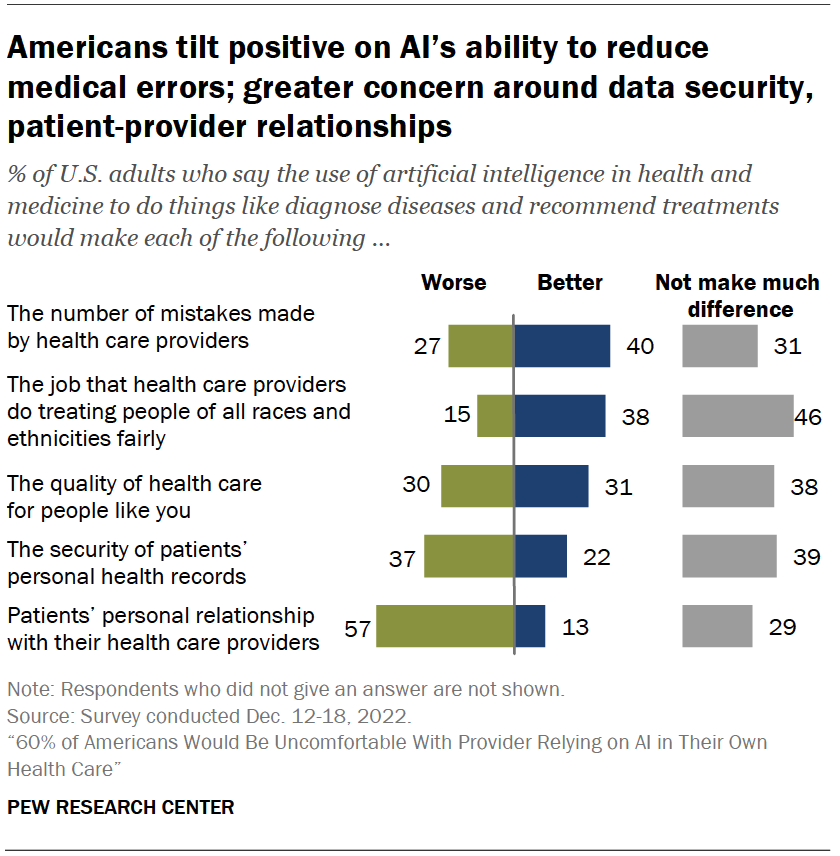AI4ALL
AI4ALL is a US-based nonprofit dedicated to increasing diversity and inclusion in AI education, research, development, and policy.
It focuses on developing a workforce of AI researchers that are diverse and inclusive that strive for the social good while designing overall better quality AI programs.
